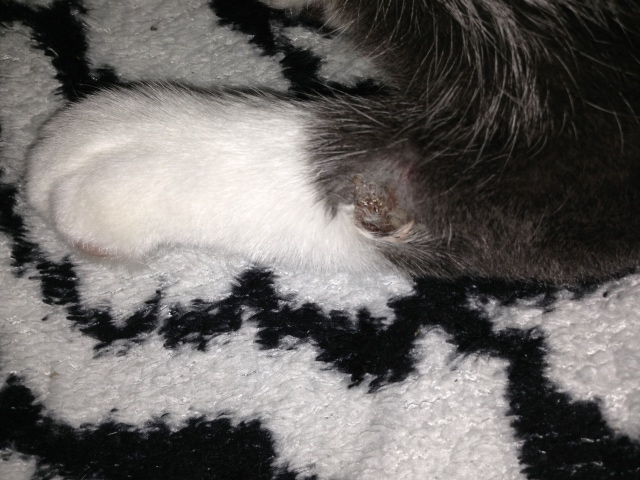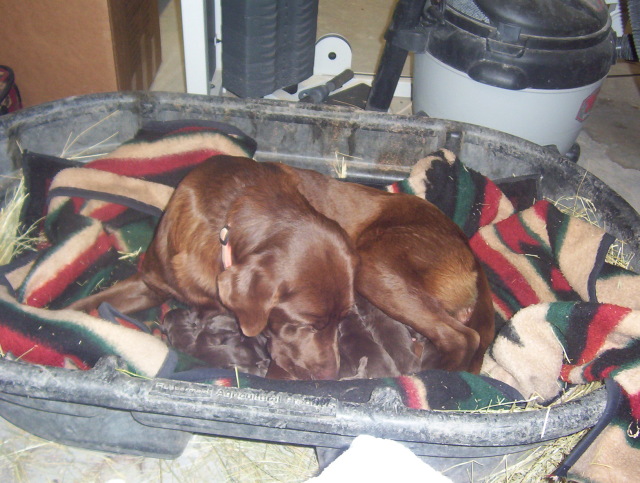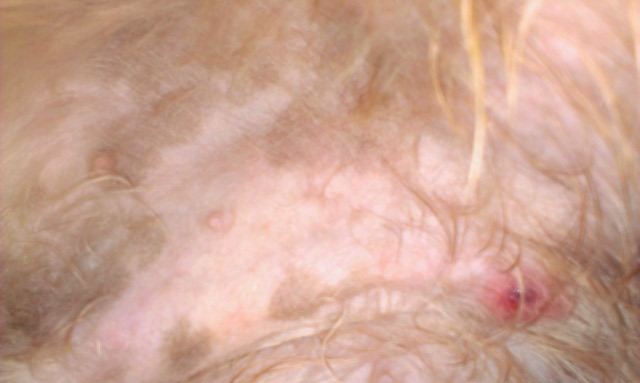QuestionI don't know if this falls into your area of expertise, but most of the other people on this site aren't available and I thought with your years of experience with dogs you may know something about parvo. One of our dogs has recently come down with parvo (about Wed.) and is very sick. They are holding him at the vet's office and he is getting IV fluids and meds. We have another dog that we recently got (a little over a week ago) from the animal shelter. We don't know what vaccinations she's had, but she isn't showing any symptoms. We are keeping a close eye on her but don't know if we can afford to treat her if she becomes ill. Our vet told us about injections that we could give at home that would be cheaper than treatment there. I was wondering how effective these home treatments are. I'm hoping that it will help that we are looking for the disease, so we can catch it right away. I know parvo is supposed to be more serious in some breeds, so I guess I should add that she is a pit bull mix (we think lab), if that makes any difference. Thank you for your time.
AnswerRachal,
I apologize if this is long in getting back to you; I average around twenty questions per day and try to provide each questioner with as much information as possible which involves lengthy research at times.
I hope that your dog undergoing treatment is progressing, and that your newly adopted dog has remained to stay healthy. I am not sure as the exact "injections" in which you refer. There are many precautionary ways of preventing Parvovirus if there is suspicion that a dog may become infected. The virus itself is transmitted by the feces of an infected dog, (in most cases it involves a dog stepping in the feces of an infected dog and licking the fecal matter off their paws while grooming).
Clinical signs are usually seen in 5 to 22 days after exposure. If your veterinarian is referring to antibiotic therapy that you can do at home, than this common, as most cases are treated with antibiotics, (to control secondary infection), in addtion to, intravenous fluid therapy, force feeding, replacement of serum protein when needed, and medications such as corticosteroids, or nonsterodial anti-inflammatory medications to control inflammations in the intestines. However what your veterinarian may be referring is the use Probiotic/Prebiotics. Prebiotics are defined as normal viable bacteria residing in the intestinal tract that promote normal bowel health. Prebiotics are a food supplement that are not digested and absorbed by the host but improve health by stimulating the growth and activity of selected intestinal bacteria. Additionally, he may be suggesting what are called Nosodes, a special type of homeopathic remedy. There are a whole host of listed possible treatments that your veterinarian may be referring to. Please get back to me with more details, as I would love to hear how your other dog is coming along, and offer some alternatives ideas for treatment and therapy.
Jodi

 Our GSD puppy died Why
Questionbefor 1 days from suff
QUESTION: i just
Our GSD puppy died Why
Questionbefor 1 days from suff
QUESTION: i just
 I think my cat may have got bit by a Brown Recluse Spider
Question
Right leg bite mark Again
I am ve
I think my cat may have got bit by a Brown Recluse Spider
Question
Right leg bite mark Again
I am ve
 lactating dog
QuestionQUESTION: I am concerned with our 2 year old la
lactating dog
QuestionQUESTION: I am concerned with our 2 year old la
 Dog daily Exercise
Question
Dollar male lab
Question : Shown below
Dog daily Exercise
Question
Dollar male lab
Question : Shown below
 pimple like bump
Question
Booker
Hello,
My puppy was fixed 8/24/2
pimple like bump
Question
Booker
Hello,
My puppy was fixed 8/24/2